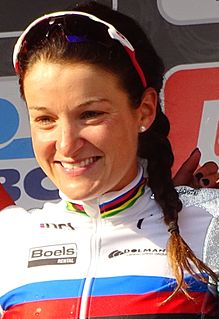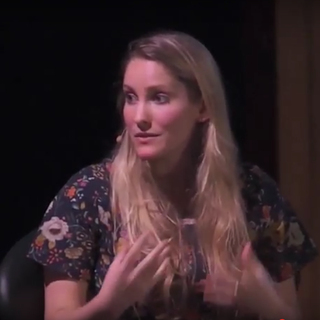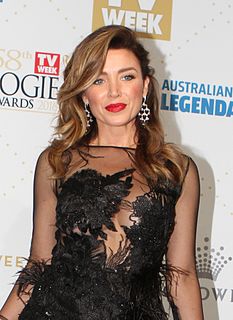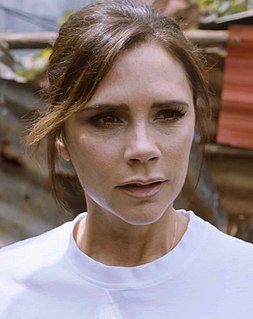A Quote by Lizzie Armitstead
I'm excited to see the growth in women's cycling, and I think the Women's Tour has had a really positive impact on that change.
Related Quotes
It's tough though because of the whole part about getting sponsors and people out to watch women's cycling. I think the only way that women can really work it is that we have to work our way more into these big grand tours that the men have like the Tour de Georgia, Tour of Utah, and Tour of California.
The fact that traditionally 'female' jobs are paid less, that women end up working part-time because they're societally pressured into caring roles, and that having children has a negative impact on women's wages but a positive impact on men's, are all problems that should deeply concern us, not 'explanations' that can be happily accepted.
I'm really excited that the fashion industry is evolving, doing a much better job at representation, with women of color, women of different shapes, sizes, and creeds. It's been a long time coming... There were issues of tokenism, issues of misrepresentation. I'm optimistic that I see the change, the conversation that these archetypes gotta go. We can be very political and have long weaves down to our asses.
I went to a girls high school and I went to a women's college and when I first started teaching at Georgetown it had been a single sex school and so they wanted to have some women professors when they went co-ed, and so I originally was hired to start a program there, and really encourage women to go into foreign policy. I always have done that, and I really do think that things are better when women are involved.
I think a lot of women who are celebrities and who are very beautiful have terrible problems with their men being very controlling. Women allow themselves to be dominated and controlled by men in all sorts of other ways that are very complicated, you know? I don't really see a lot of women engaging in discussions about the struggles and power relations with men and their lives, like their bosses, boyfriends, husbands, coworkers. I don't see that happening very often, whereas I see a lot of misogyny on the internet. I see a lot of hatred towards women and a lot of fear of women.
There still aren't enough[ roles for women of color]. And I'd say that's the case, not only for African-American women, but for all women in the Hollywood game. It's just slim pickings, and a very challenging time for us. I think that's why more of us need to work our way behind the camera in order to create roles that really illuminate who women are. We still have room for growth in that area, without a doubt.
People think that women don't negotiate because they're not good negotiators, but that's not it. Women don't negotiate because it doesn't work as well for them. Women have to say, 'I really add a lot of value, and it's in your interest to pay me more.' I hate that advice, but I want to see women get ahead.
I have always been a fan of Salvador Dali, but Amrita Sher-Gil, who was an Indian-Hungarian painter, is another favourite. She was painting Indian women, and, growing up here, I'd never seen anyone paint Indian women, so that was really incredible to see a painting of someone who looks like you. I think that has a lot of impact on you.




































